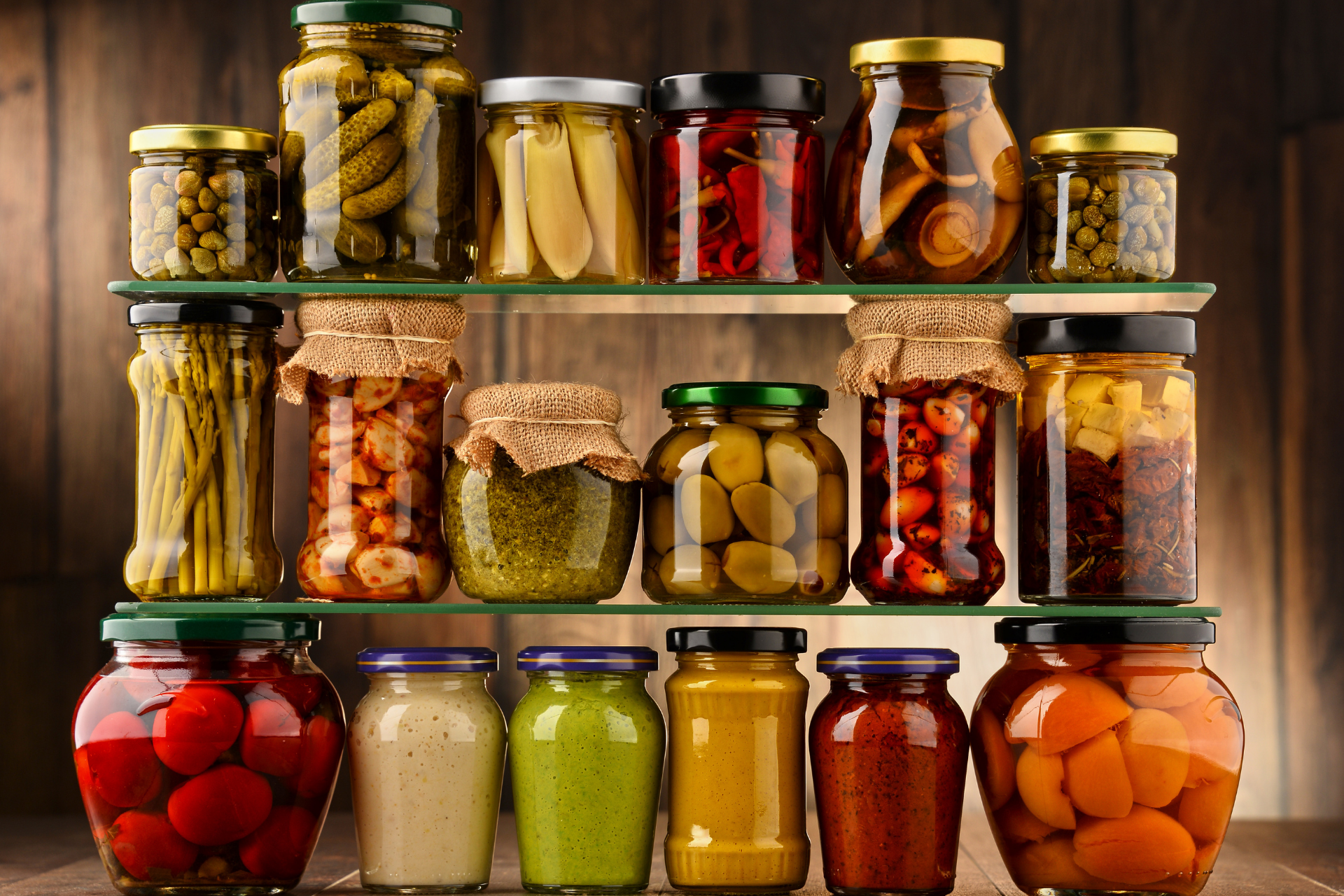Pickles have been a staple in kitchens for centuries, serving as a flavorful accompaniment to meals while also offering a method of food preservation. However, in today’s market, many pickles are packed with artificial preservatives to extend their shelf life. Traditional, homemade pickles without preservatives rely on natural methods for preservation, but their longevity depends on several key factors.
Factors Affecting the Shelf Life of Pickles
Without chemical preservatives, pickles depend on natural ingredients and processes to stay fresh. Here are some crucial factors that influence their shelf life.
Ingredients Used
- Salt, vinegar, and oil act as natural preservatives and help extend shelf life by preventing bacterial growth.
- The type of fruit or vegetable used also affects longevity. Harder vegetables like carrots and raw mangoes last longer than softer ones like cucumbers.
Storage Conditions
- Pickles should be stored in airtight glass jars to prevent contamination.
- A cool, dry place away from direct sunlight helps maintain quality and flavor.
- Refrigeration can significantly extend the shelf life of pickles without preservatives.
Oil and Vinegar Content
- Pickles submerged in oil or vinegar last longer due to their antibacterial properties.
- Indian-style pickles often use mustard oil or gingelly oil, both of which create a protective layer and prevent spoilage.
Fermentation Process
- Fermented pickles can last longer due to beneficial bacteria that inhibit harmful microbial growth.
- The longer a pickle is allowed to ferment, the more stable it becomes.
Typical Shelf Life of Homemade Pickles
The shelf life of pickles without preservatives varies depending on their ingredients and storage methods:
- Oil-based pickles (e.g., mango, lime) – Can last 6 months to 1 year if stored properly in a dry place.
- Vinegar-based pickles – Typically last 3 to 6 months in the refrigerator.
- Refrigerated fresh pickles (without oil or vinegar) – Best consumed within 1 to 2 weeks.
Signs That Pickles Have Spoiled
Even with proper care, homemade pickles can go bad over time. Look out for these signs of spoilage:
- Mold growth on the surface
- Off-putting odor or sour smell beyond normal fermentation
- Discoloration or dark spots
- Slimy texture or unexpected softness
Tips to Extend the Shelf Life of Pickles
- Always use clean and dry utensils when handling pickles to avoid contamination.
- Ensure the vegetables are completely submerged in oil or vinegar.
- Store pickles in glass containers rather than plastic or metal to prevent chemical reactions.
- If in doubt, refrigerate to prolong freshness.
Homemade pickles without preservatives can last a long time when stored properly. By using traditional preservation techniques like salt, vinegar, and oil, and following proper storage practices, you can enjoy flavorful and healthy pickles for months. While they may not last as long as store-bought versions, their authentic taste and natural ingredients make them a superior choice for many pickle lovers.

